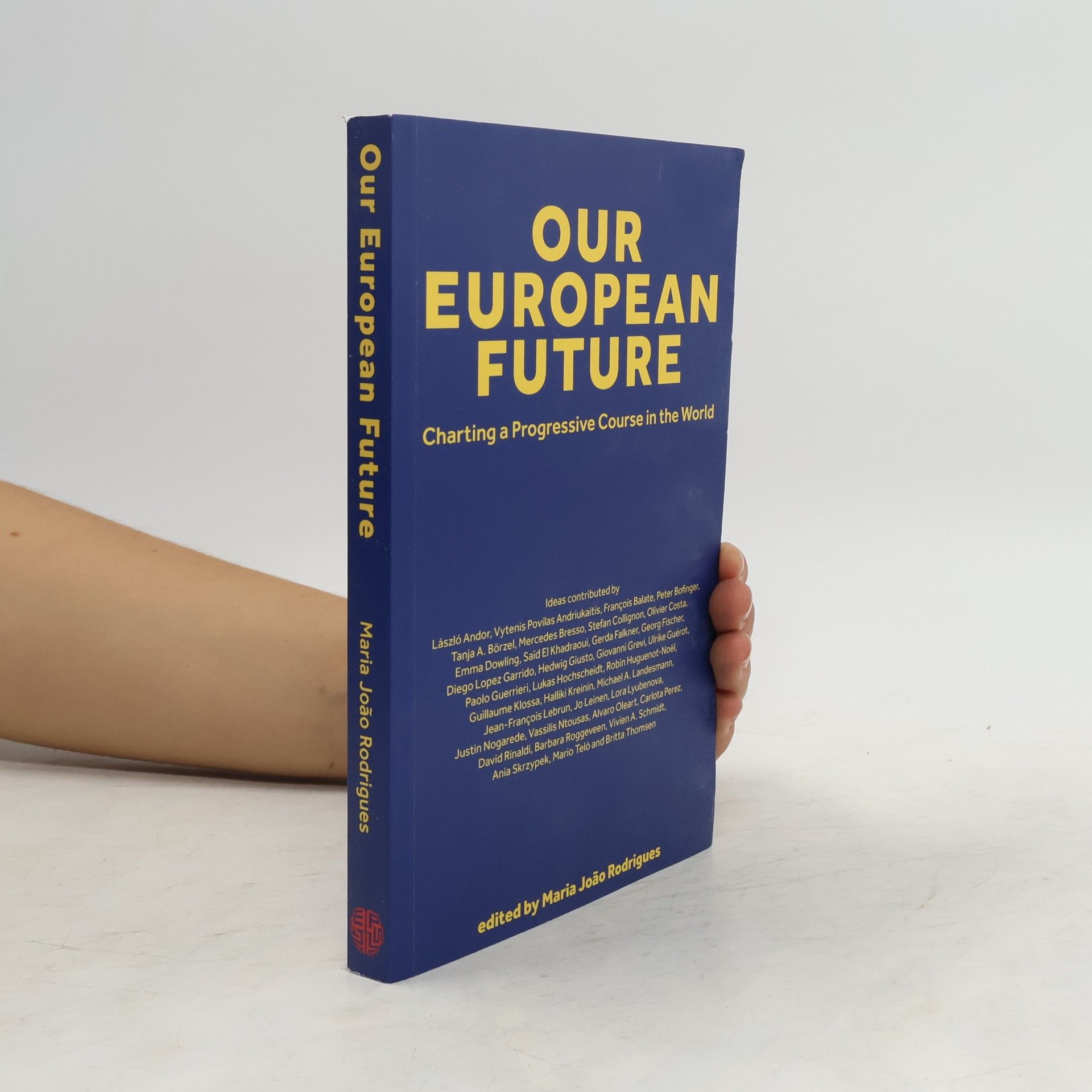The world is facing many great challenges: from pandemics to climate change, and from increasing inequality to the issues surrounding digitalization. In a new and rapidly changing global landscape, Europe must look for solutions to these difficulties to follow up on its impressive decades-long process of integration. Europe has the capacity to chart a progressive course in the world. Our European Future offers solutions to rethink our socioeconomic model in the glare of the environmental and digital transformations; to redefine Europe's role in the world to contribute to renewed multilateralism; to strengthen investment in public goods; and finally, to re-invent our democratic contract. The book brings together the insights of renowned experts from across Europe, and it should prove a handy guide for any progressive thinker, policymaker or activist, and for any citizen who would like to take part in the necessary democratic debate about our future. This book, edited by Maria João Rodrigues with the collaboration of François Balate, is a first contribution from the Foundation for European Progressives Studies to the Conference on the Future of Europe and beyond.
László Andor Knihy


Published in association with the Foundation for European Progressive Studies (FEPS), this book examines the four factors that challenge the fate of the European social model: globalization, monetary union, Eastern enlargement and digitalization. As a former EU Commissioner for Social Affairs, the author represents the rare combination of a top policy maker and a profoundly knowledgeable political economist. Andor's book offers both first-rate analysis and imaginative ideas for the reforms needed to cope with these four factors. He leads us through the 'ups' of post World War II policy design in the West and the vision of a post-communist regime in the Centre-East before going on to examine the EU-wide 'downs' due to cultural neo-conservatism and the trajectory of EU macro governance. Having taken stock of some of the main threats to the social model, he goes on to highlight where common EU policy can be part of the solution, rather than part of the problem - which was too often the case in the past.